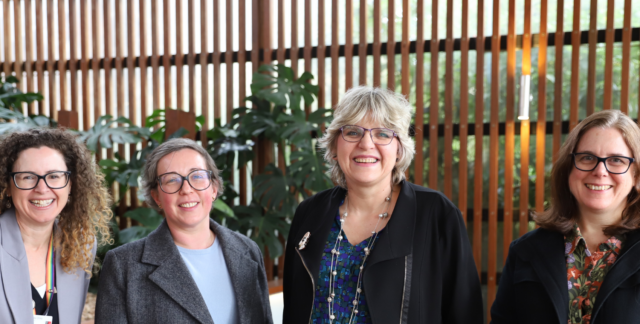Background on the Workload Allocation Principles Matrix
In response to a performance-based demand for increased efficiency and accountability in universities, academic and administrative workloads have increased dramatically over the past ten years. This was identified as a common theme across many applications for the SAGE Athena Swan Bronze Awards.
Workload intensification has worsened since the onset of COVID-19, and these changes disproportionately affects particular groups of university employees, including women. The SAGE Special Interest Group (SIG) on Workload recognises the urgent need for fair, equitable workload allocation models that challenge and address such inequities, contribute to post–pandemic recovery, and empower universities to drive change in this space.
Adopting a collaborative approach, the Workload SIG has been meeting fortnightly since 7 April 2021 to develop an equitable workload allocation guide for staff at all levels: the Workload Allocation Principles Matrix.
Every university grapples with efficiently allocating workload across its staff. Different institutions may use single or multiple workload models, centralised or localised systems, sophisticated planning tools or simple spreadsheets, all with varying levels of engagement and accountability. The tool does not dictate how workload should be allocated, but rather, invites open reflection within the institution.
About the Workload SIG
The SIG comprises members from across regions, with representatives from the ACT, NSW, QLD, WA and VIC. Its members include professional staff, academic staff and university executives, lending a broad perspective and wealth of knowledge on workload allocation issues.
Members
- Liz Mackinlay (University of Queensland)
- Cate Thomas (Charles Sturt University)
- Tara Magdalinski (Swinburne University of Technology)
- Kieryn McKay (Western Sydney University)
- Peter Bansel (Western Sydney University)
- Kate Huppatz (Western Sydney University)
- Analise O’Donavan (Griffith University)
- Nicci Poole (Griffith University)
- David Neumann (Griffith University)
- Steve Wilcox (University of the Sunshine Coast)
- Kaye Mazzoleni (Curtin University)
- Jenna Ardagh (Edith Cowan University)
Consultation process
The SIG is now seeking feedback from SAGE subscribers to further refine the Matrix. Specifically, the SIG would like to find out:
- your first impressions of the Matrix;
- how the Matrix can help prompt conversations about workload allocation in your institution;
- if the Matrix fits your institutional context; and
- examples of how the Matrix can be used in your institution.
The SIG hopes to invite SAGE institutions to pilot the refined Matrix from early June 2022.
Consultation link and materials (for logged in subscribers only)
Sign in to read the full article.



